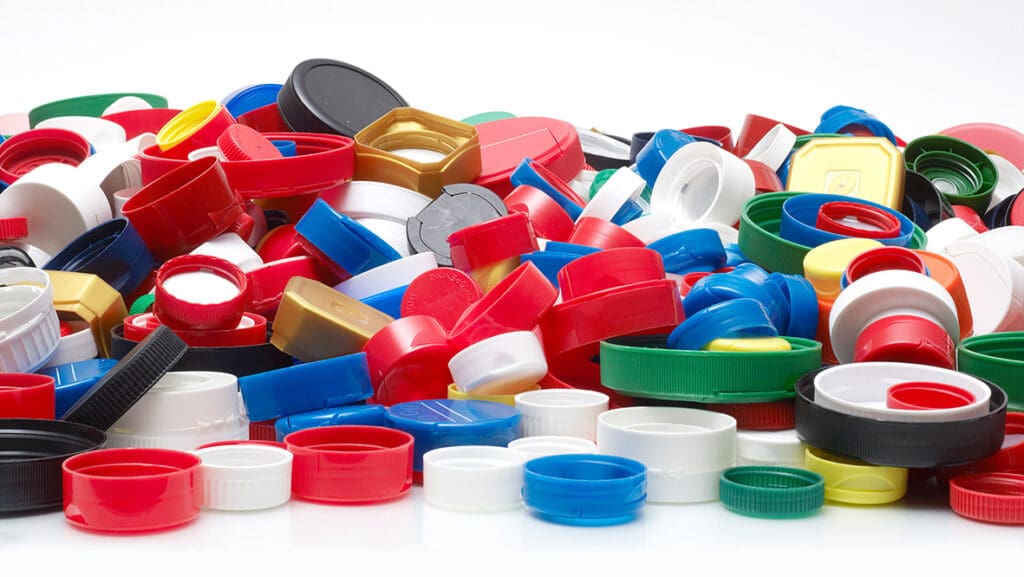Cap manufacturers and packagers unite: pressure sensitive liners are on the way out!
Years ago, Bill Zito wrote about the disadvantages of pressure sensitive liners (PSL). Among the shortcomings were lack of tamper evidence, the inability to be used with liquid products and the absence of any type of moisture and oxygen barrier properties.
Additionally, PSL are not recognized by the FDA as being tamper evident and have been banned by the FDA from being used in OTC pharmaceuticals.
Bill uncovered yet another problem with pressure sensitive inner seals. Some closure companies have flat-out advised their customers that they will no longer furnish pressure sensitive inner seals.
The reason is the excess amount of maintenance required when punching the pressure sensitive liners into a closure. Because of the make-up of pressure sensitive liners, millions of tiny bubbles of adhesive are released when the punch pushes the liner through the die in the cap lining process, resulting in a buildup of glue on these parts, causing significant downtime for cleanup.
In fact, at least two closure companies, in an effort to get their customers to switch to induction foil inner seals (which incidentally, are approximately the same price as PSL and in some cases less expensive than PSL), have offered to help the closure customers obtain the necessary induction sealers at a reduced price.
In some instances, where the volume warrants it, the closure company will give the customer the induction sealer at very little charge.
The closure companies justify this practice by pointing out that money saved in maintenance more than offsets the cost of the induction system.
In addition, the customer gets a much better seal which provides tamper evidence, leak protection and zero moisture and oxygen permeability, assuring the consumer of a fresher, safer product.
If you have any interest in switching from PSL to induction, contact us, or contact your closure supplier to see if they will help you.


